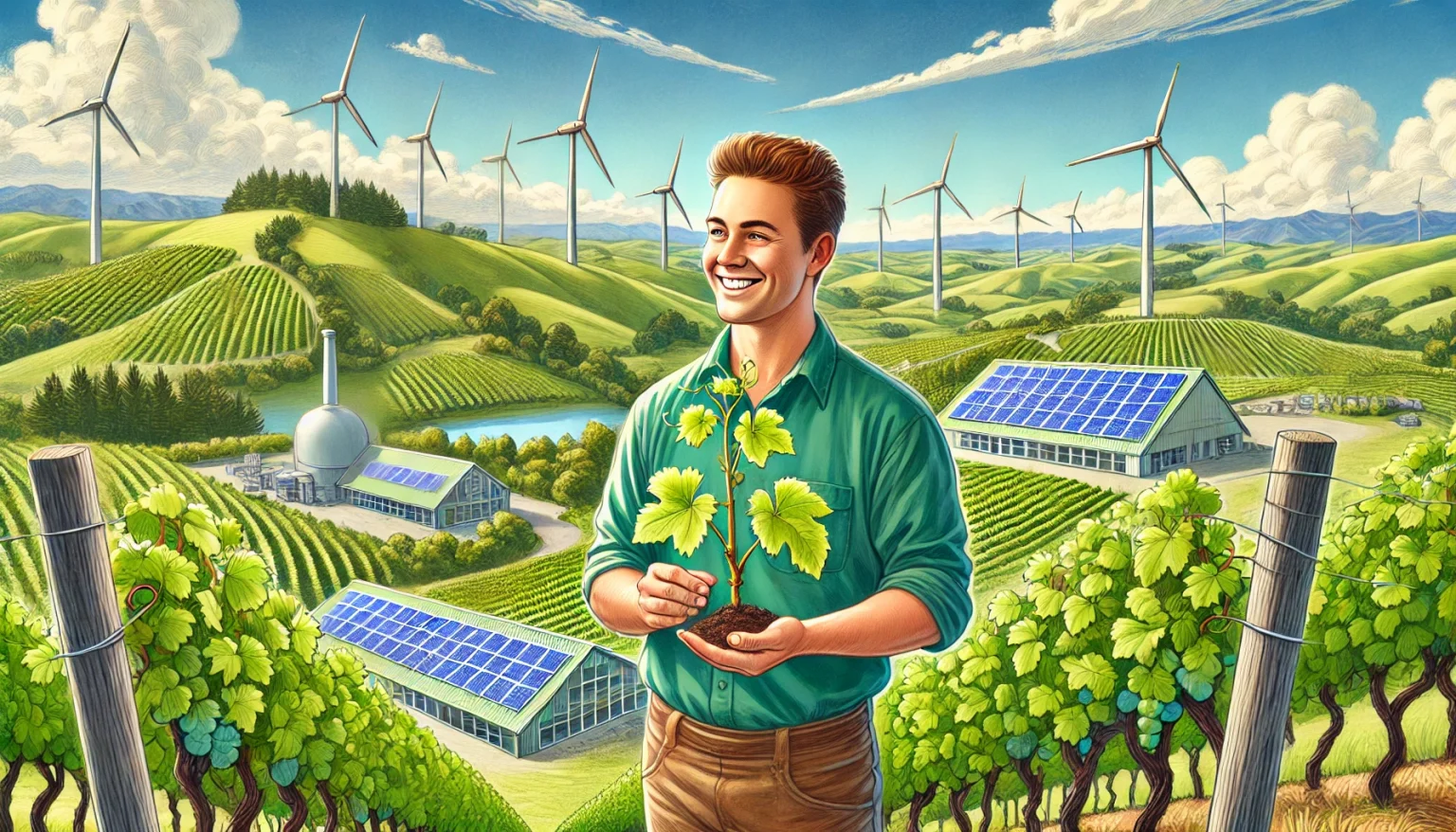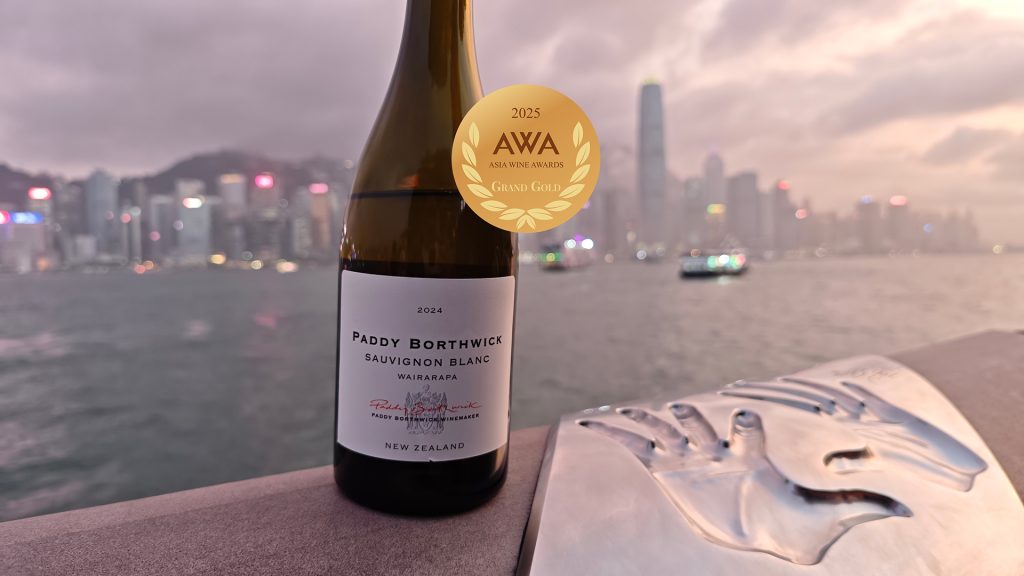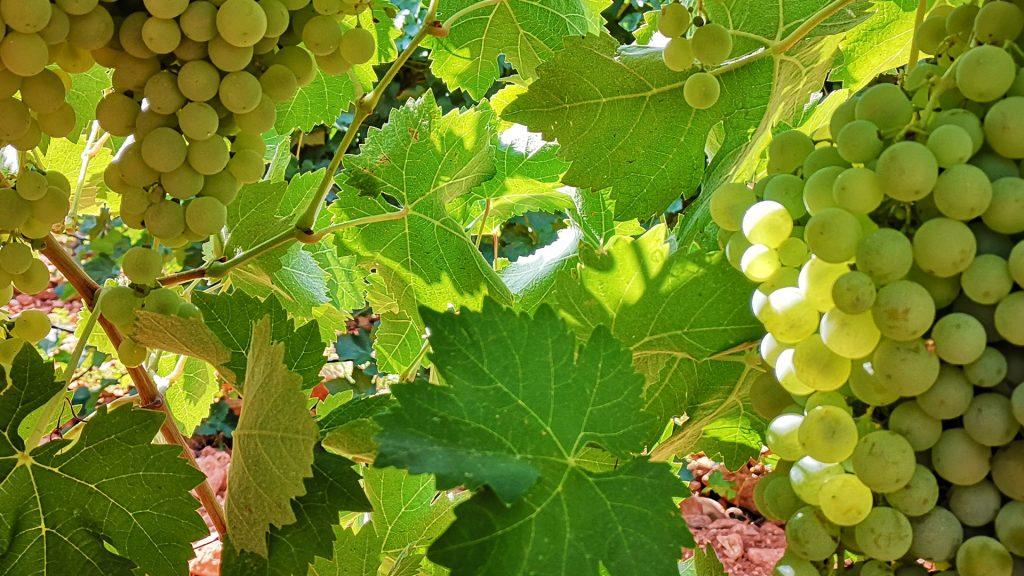Sustainability is transforming the global wine industry, and New Zealand is setting the pace. The 2025 New Zealand Winegrowers Sustainability Report showcases a sector where green practices are standard, not optional, offering a model for others to follow.
Since 1995, the Sustainable Winegrowing New Zealand (SWNZ) program has driven progress. Today, 98% of vineyard acreage and over 90% of wineries are SWNZ-certified – a level of commitment rarely seen elsewhere. While Australia and California grapple with patchwork sustainability efforts, New Zealand’s unified approach shines. Shoppers worldwide spotting the SWNZ logo on a bottle’s back label can trust it reflects rigorous environmental and ethical standards.
Climate action anchors the industry’s vision. The Roadmap to Net Zero 2050 guides efforts, with 68% of wineries and 56% of vineyards cutting emissions through lightweight bottles (63% of wineries) and solar power (15% of wineries). Over 150 operations verify emissions via Toitū, a New Zealand-based carbon-zero certification. “Sustainability defines our global identity,” says Philip Gregan, CEO of New Zealand Winegrowers, underscoring a strategic commitment.
Water stewardship is equally impressive. With 94% of vineyards optimizing irrigation and all wineries conserving water, a 2025 digital freshwater tool enhances protection of this vital resource. Waste management excels, with a 75% glass recycling rate and 43% of wineries composting grape marc for circularity.
Subscribe to our newsletter
Vineyards thrive as resilient ecosystems. Nearly all (99%) use non-chemical pest control, and 90% enrich soils with cover crops. The Bragato Research Institute’s Sauvignon Blanc 2.0 breeds vines for climate resilience, while a national agrichemical database ensures transparency few regions can match.
People power this progress. The 2024-2026 Sustainable Workforce Action Plan supports young talent through initiatives like the Young Winemaker competition, with 65% of vineyards upholding fair labor standards.
From supermarket shelves to fine dining, New Zealand’s sustainability credentials resonate. As consumers and importers prioritize transparency, SWNZ certification isn’t just ethical – it’s a market advantage, driving trust and growth in a competitive global landscape.



